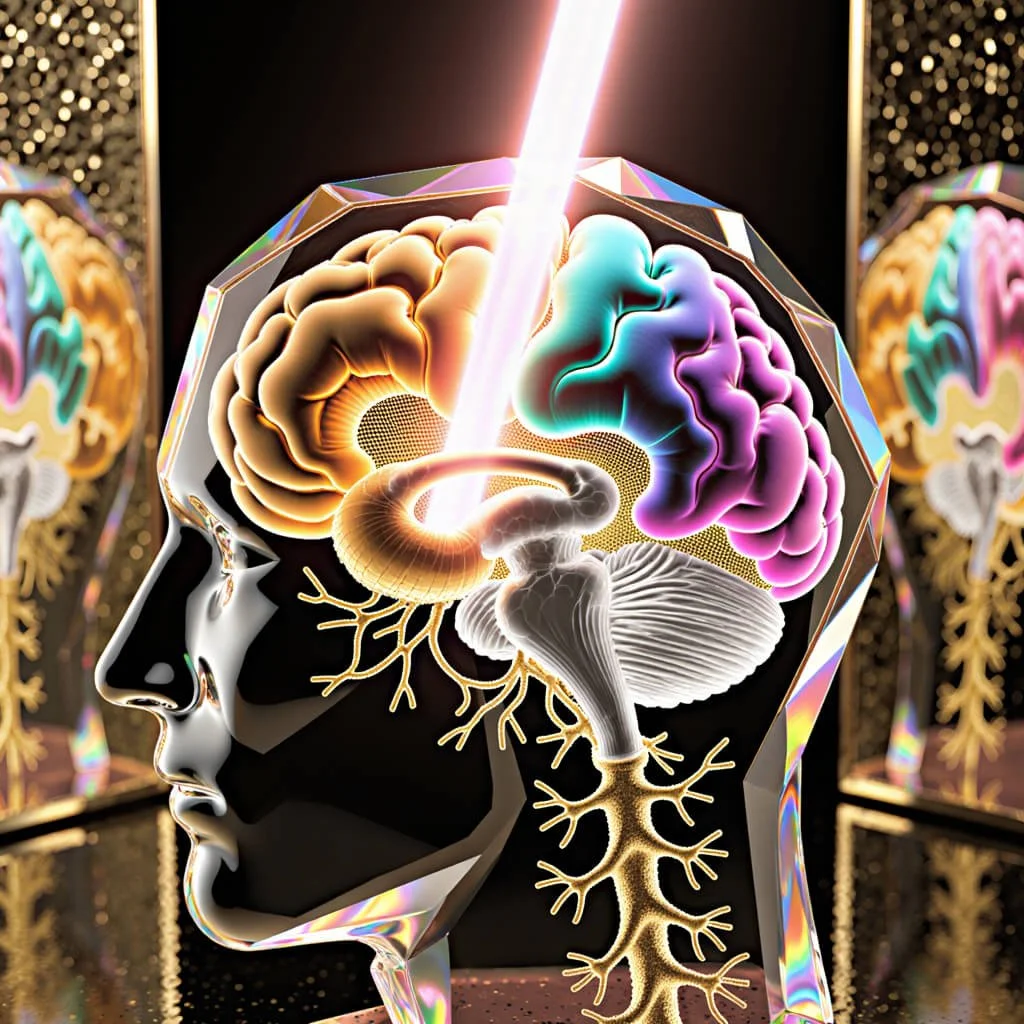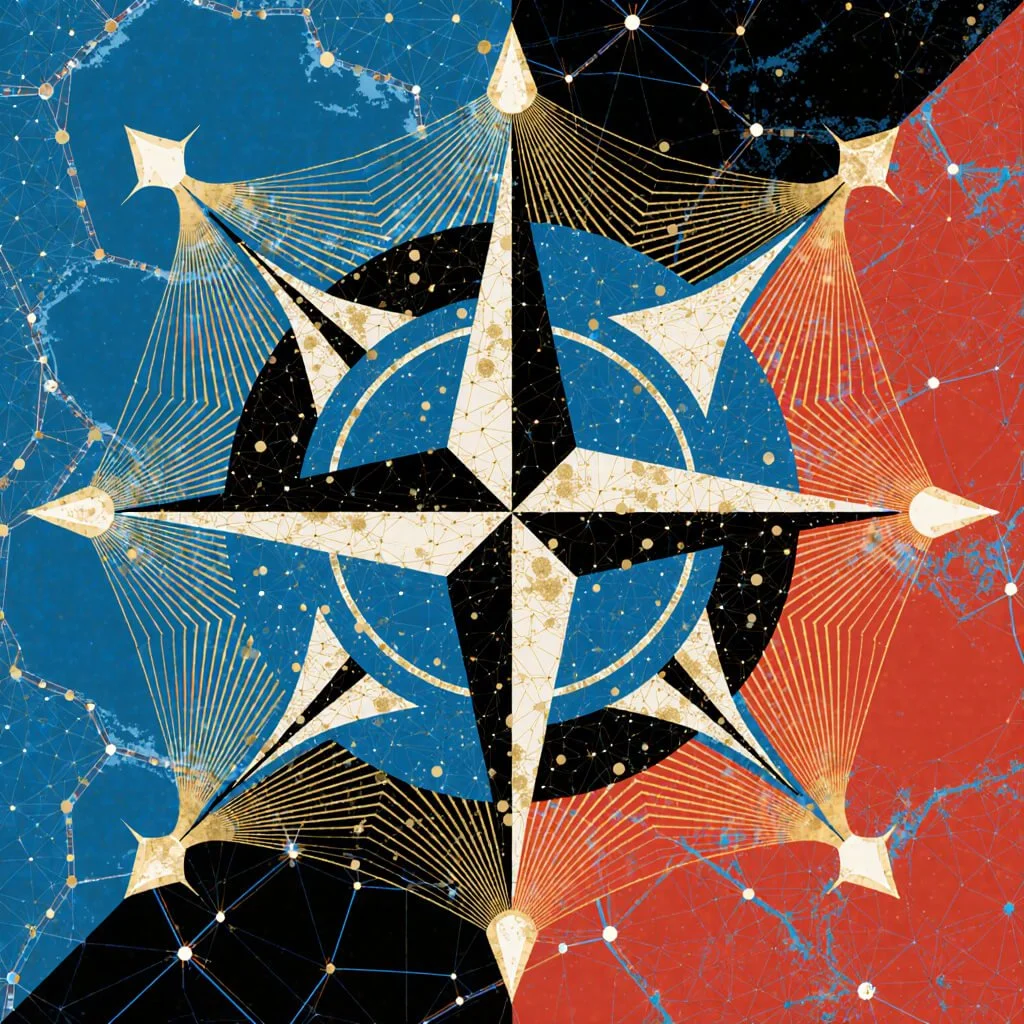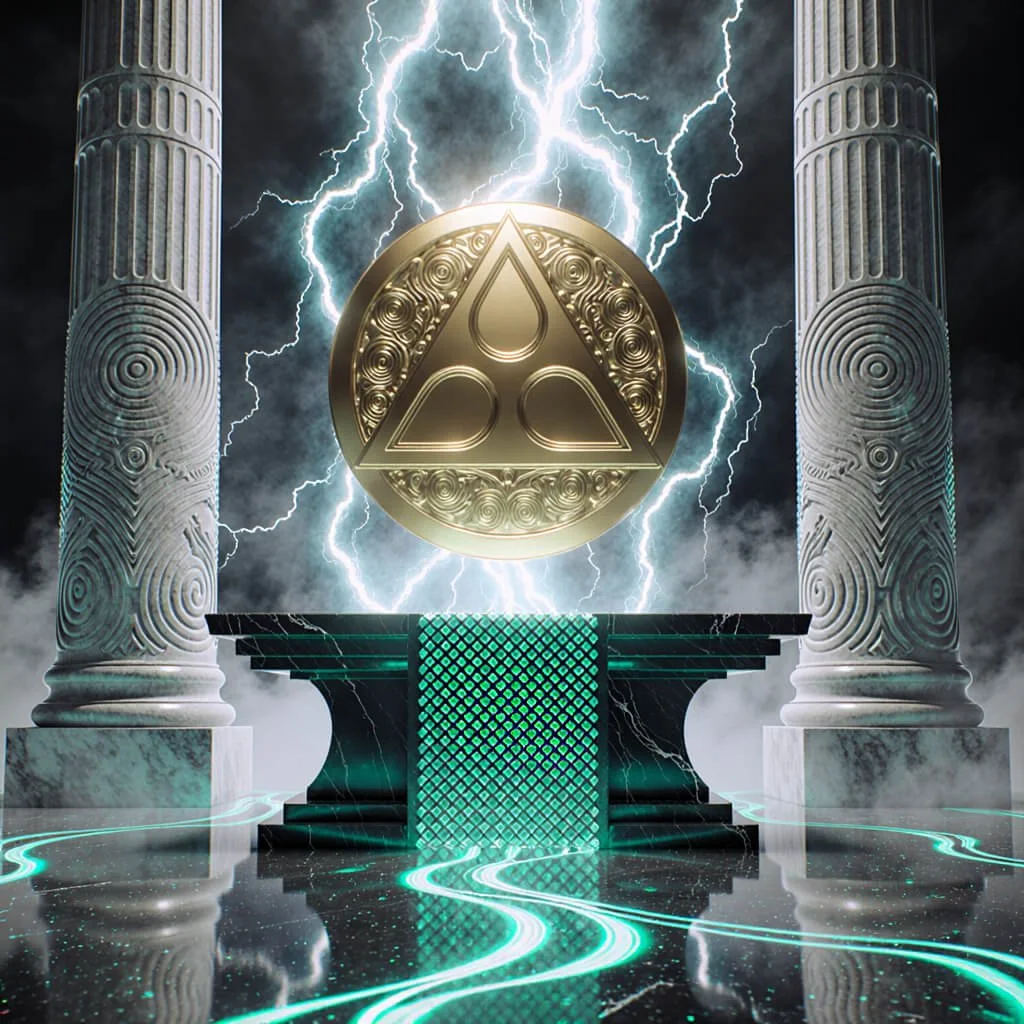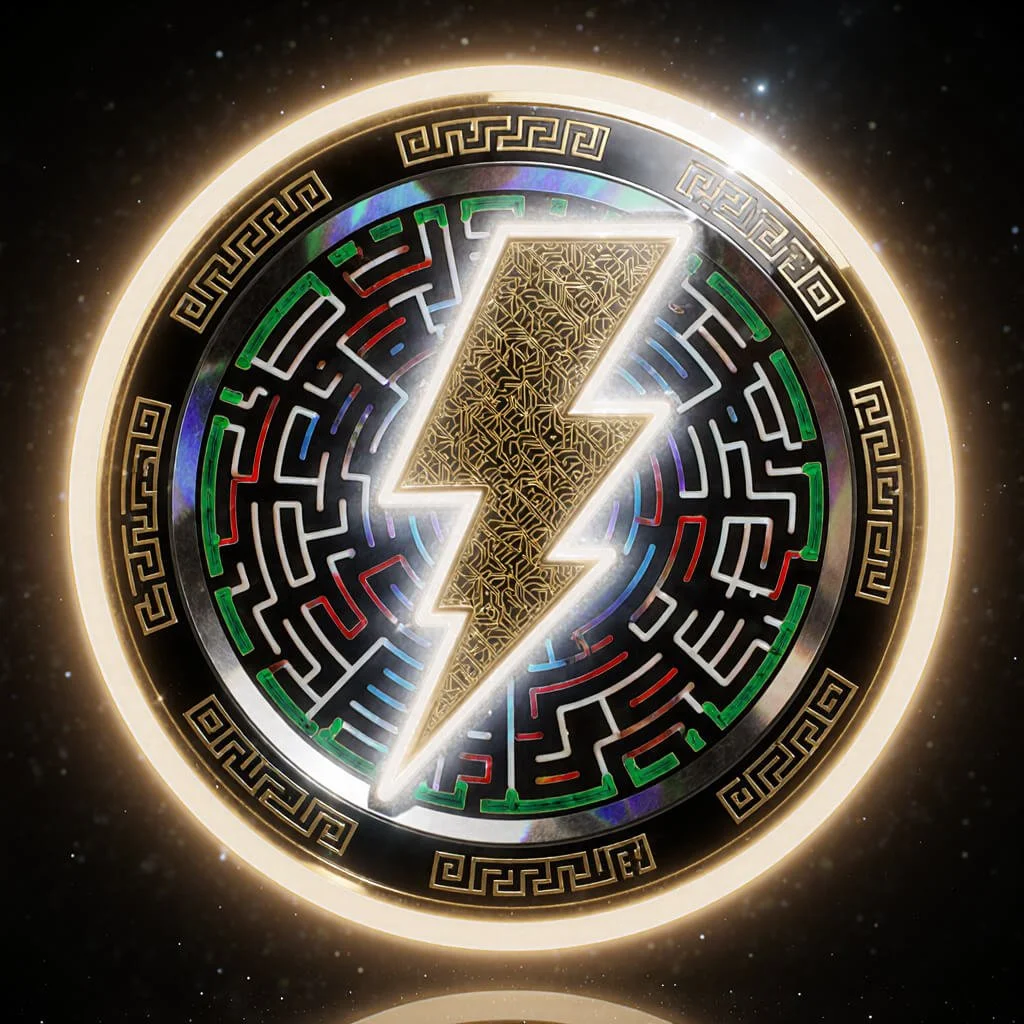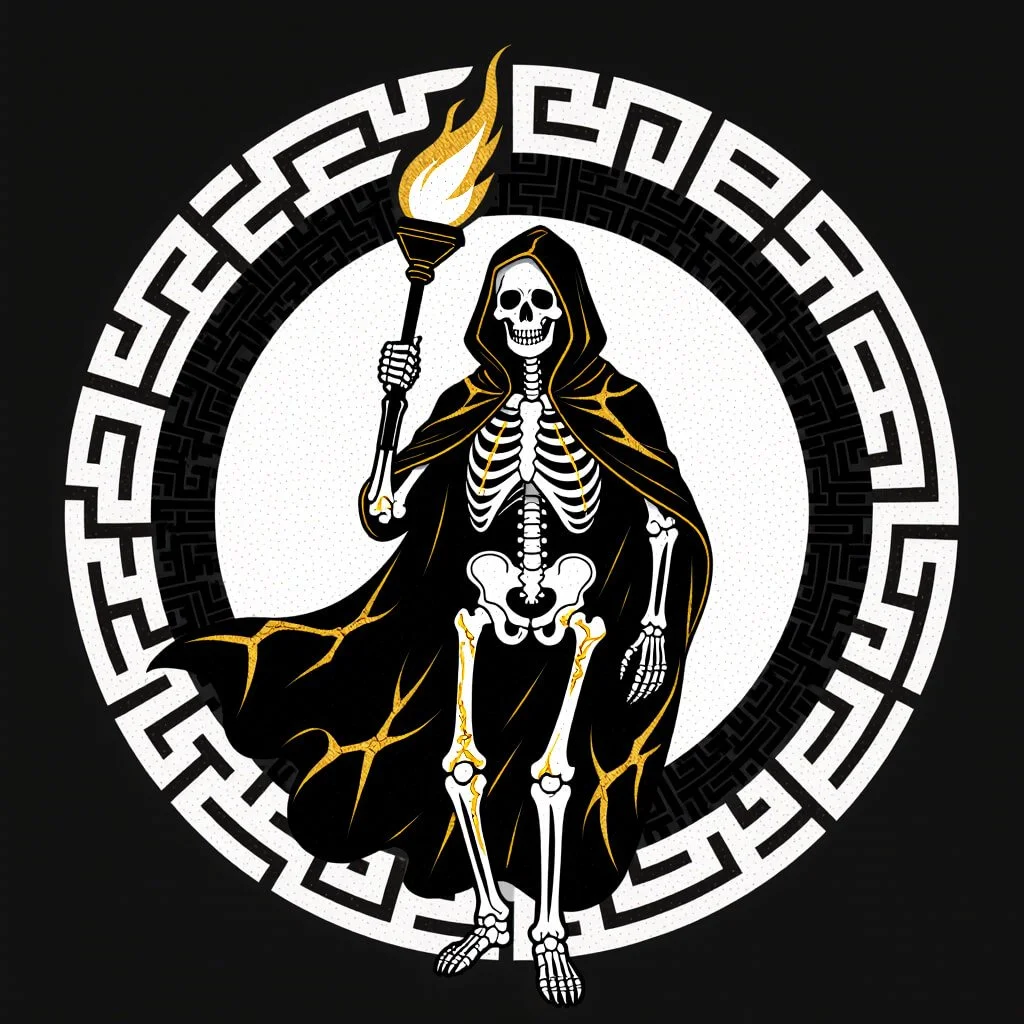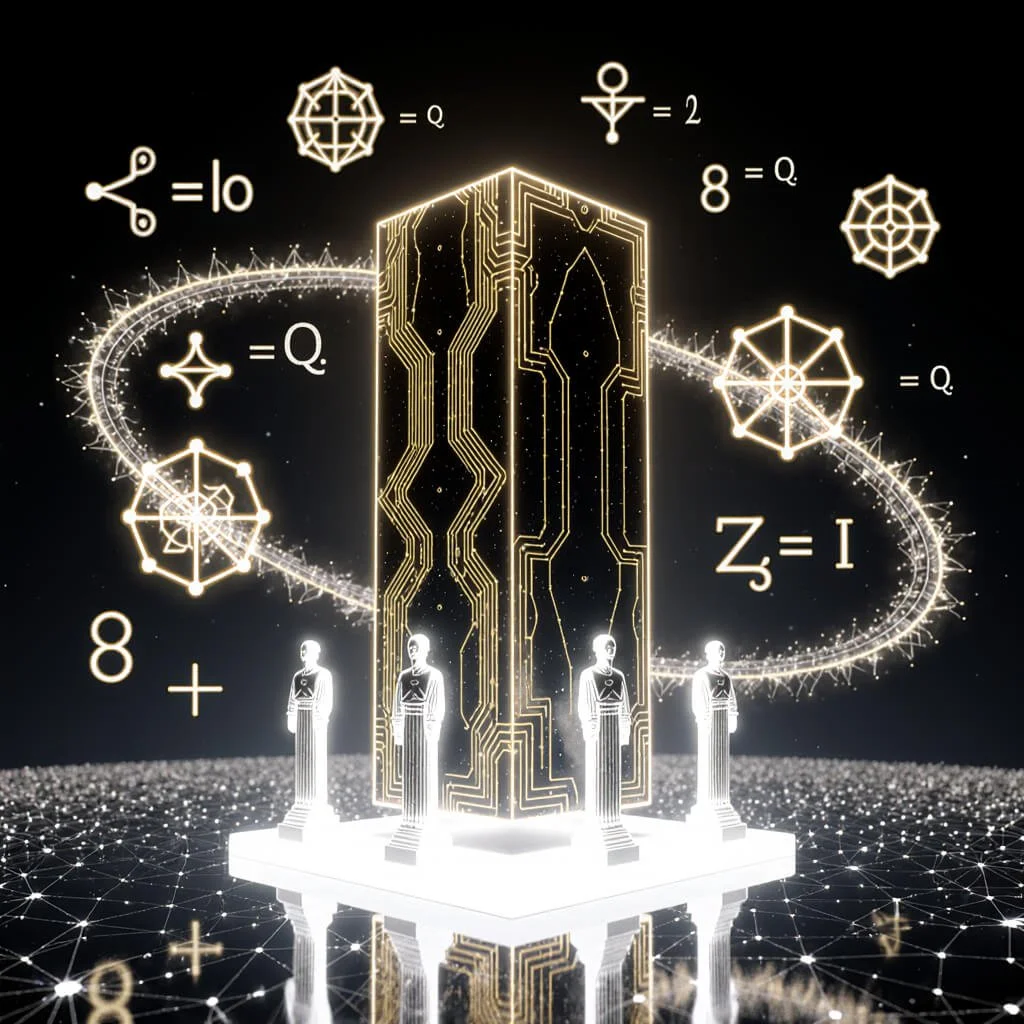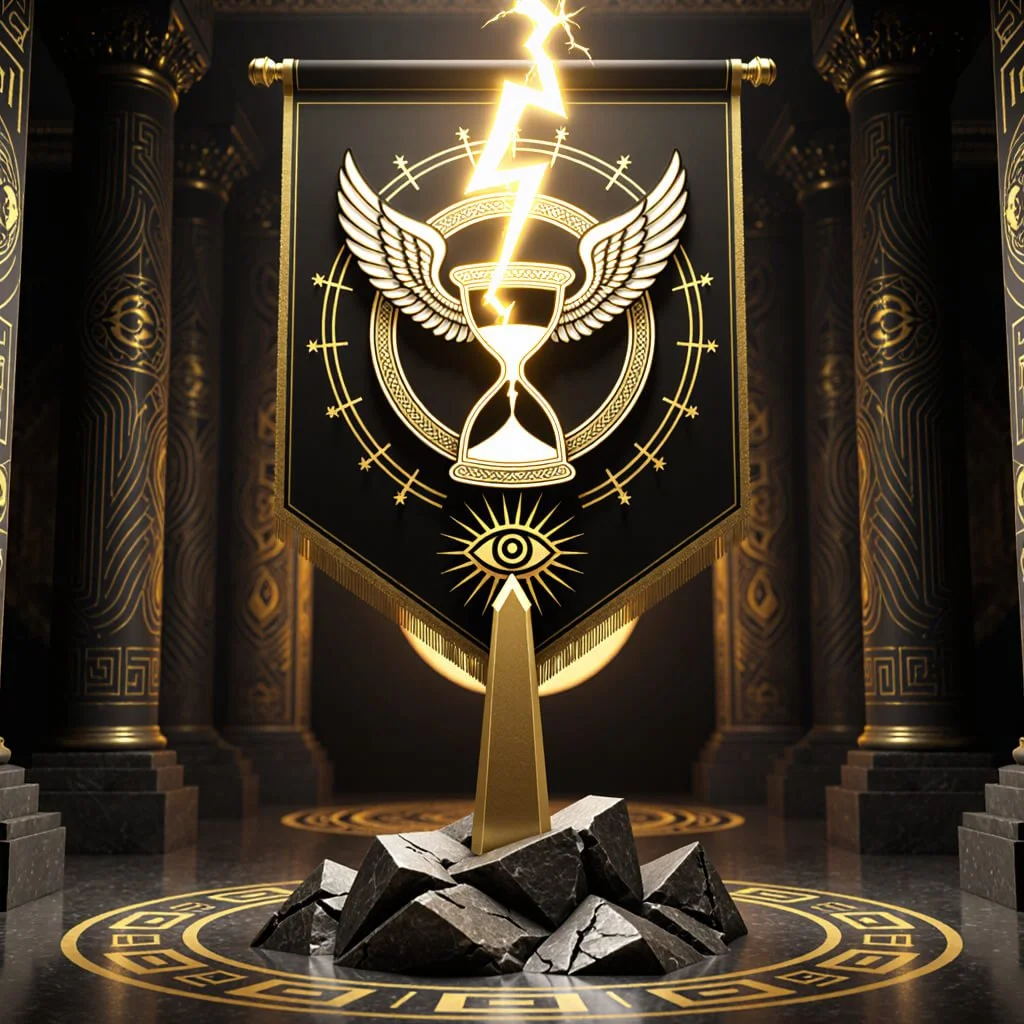Alexander the Great: The Story of an Epic Spirit Quest
"There is nothing impossible to him who will try."
5 Key Takeaways:
Alexander became a scholar-warrior through education from Aristotle and his father Philip II of Macedon.
Leading a Pan-Hellenic crusade, Alexander conquered the vast Persian Empire in a series of monumental battles by age 25.
His conquests expanded commerce and caused a fusion of Greek and Near Eastern cultures known as the Hellenistic Age.
Seeking divine origins, Alexander consulted the oracle at Siwa which addressed him as son of Zeus.
His legacy includes founding cities like Alexandria, which became centers of trade and learning after his death at just 32 years old.
Prelude to Greatness (356 BC)
Birth in the Burgeoning Kingdom of Macedonia
"Alexander was born the son of Philip, the brother of Perdiccas, and of Olympias, the daughter of Neoptolemus." - Arrian, Anabasis Alexandri
Alexander's arrival in the thriving city of Pella occurred during a pivotal moment as his cunning father Philip II transformed Macedonia into ancient Greece's supreme power.
Macedonia's strategic location, martial traditions, and shrewd statecraft fused to unleash Alexander's future conquests.
Scholarly Prince Tutored in Arms and Arts (343 - 340 BC)
Mastering the Sword and the Mind
"He admired Aristotle in particular, and loved him more than any of his other teachers.
It was because of him that Alexander came to love and value philosophy." - Dio Chrysostom
Philip II ensured his heir Alexander excelled in all martial skills befitting a ruler of the mighty Macedonians.
But the wise tutor Aristotle awakened Alexander's keen intellect to philosophy's cache of profound knowledge, enriching the young prince's strategic vision.
Competing in the Realm of Greek Ideals
"He did not confuse enjoyment with virtue nor was he entranced by pleasures." - Plutarch, On the Fortune or the Virtue of Alexander
Alexander embodied the Greek competitive spirit by reenacting scenes from Homer's epics and challenging top athletes at the Olympic Games.
Aristotle showed Alexander that virtue, reason, and moderation should guide raw ambition.
The Thinking Conqueror's Education (343 - 336 BC)
Aristotle's Lasting Influence at Mieza
At the rural sanctuary of Mieza, Aristotle immersed the curious prince in teachings from ethics to metaphysics that profoundly shaped Alexander's philosophic outlook and unconventional attitudes on kingship, virtue, and divine potentials.
Warrior Bonds Forged in the Crucible of Combat
While schooling Alexander's intellect, Philip II and his generals like Parmenion honed the prince's martial skills for the hard realities of war.
Alexander internalized warrior codes of honor, courage, loyalty and forged unshakeable bonds with those like Hephaestion who would accompany him through coming trials.
Paths to Immortal Glory (336 - 331 BC)
Crossing the Hellespont Into Legend
"Fortune thus waited upon him, and he made use of the opportunities that were afforded him; he was crowned with success because he attempted great deeds." - Plutarch, On the Fortune or the Virtue of Alexander
Philip II's assassination in 336 BC propelled the young Alexander to precocious leadership. After solidifying Macedonian rule, he fulfilled his father's vision by launching a Pan-Hellenic crusade into Persia, crossing into Asia Minor in 334 BC to initiate his meteoric conquests.
Vanquishing the Persians
"Then Alexander at the head of his cavalry attacked the Persians again, and a fierce battle ensued." - Arrian, Anabasis Alexandri
In a series of monumental victories at Granicus, Issus and Guagamela, Alexander annihilated Persian forces, acquired untold riches, and became de facto ruler of the vast Persian Empire by 331 BC at just 25 years old.
Heir to Achilles Enthroned as Pharaoh (331 BC)
Mystic Coronation in Memphis
Reaching Egypt after routing Persia, Alexander was hailed as a liberator.
In the ancient capital Memphis, he underwent ceremonies declaring him a divine Pharaoh, fused Macedonian might with Egyptian mystique.
This signaled Alexander's increasingly exalted view of his own mythic status.
Striding as a God: Quest for Immortality (331 - 323 BC)
Divine Sanction from the Oracle of Ammon
"And Alexander delighted to hear this as a confirmation of his own surmise, and to be considered worthy of divine descent." - Quintus Curtius Rufus
Seeking to affirm his transcendent nature, Alexander undertook a difficult journey in 331 BC to the remote Siwa Oasis.
The oracle astonishingly addressed him as son of Zeus, elevating Alexander as more than mortal. His subsequent campaigns in India against legendary kings like Porus further cemented his legendary aura.
The Long Shadow of Alexander's Legacy (323 BC)
Transforming the Face of the Ancient World
"So died Alexander the Great, at the age of thirty-two, having conquered more of the world's area than any man before him." - Robin Lane Fox, Alexander the Great
Alexander's sudden death in Babylon in 323 BC dealt a shattering blow.
But his vast empire’s fracturing birthed the Hellenistic Age, leaving an indelible impact on commerce, culture, and knowledge for centuries to come through Alexandria’s Library and the far reach of Greek language and culture.
References
Bosworth, A. B. (1988). "Conquest and Empire: The Reign of Alexander the Great." Cambridge University Press.
Green, P. (1991). "Alexander of Macedon, 356-323 B.C.: A Historical Biography." University of California Press.
Hammond, N. G. L. (1980). "Alexander the Great: King, Commander and Statesman." Bristol Classical Press.
Cartledge, P. (2004). "Alexander the Great: The Hunt for a New Past." Vintage.
Lane Fox, R. (1973). "Alexander the Great." Allen Lane.
Heckel, W. (2008). "The Conquests of Alexander the Great." Cambridge University Press.
Holt, F. L. (2003). "Alexander the Great and the Mystery of the Elephant Medallions." University of California Press.
Stoneman, R. (1997). "Alexander the Great: A Life in Legend." Yale University Press.
Engels, D. W. (2011). "Alexander the Great and the Logistics of the Macedonian Army." University of California Press.
Romm, J. S. (2011). "Ghost on the Throne: The Death of Alexander the Great and the War for Crown and Empire." Vintage.
push though all limitations with ultra unlimited
Alexander affirmed human potential by pushing boundaries thought unbreachable.
He did not merely conquer armies and lands: through indefatigable ambition he overcame imposed limitations, revolutionizing horizons for those who succeeded him.
His quest for grandeur was interwoven with spiritual yearnings, driving him ever forward until death forced retreat.
We find inspiration and caution in Alexander’s astonishing but ephemeral career.
His story speaks to our eternal longing for greatness and meaning. But it also warns that single-minded pursuit of vainglory can overshadow enlightened goals.
Alexander’s tireless hunger remains a touchstone as we each seek our unique paths to fulfillment.
In the ancient conqueror's legacy we glimpse hints of immortality, for those who dare greatly shape destinies far beyond their finite spans.
Alexander etched his name across lands and ages, joining the thin ranks of luminaries who transcended history itself.
Ready to conquer all that stands in your way? Perfect! Get in touch to learn how Ultra Unlimited can help you reach your highest potential.







































